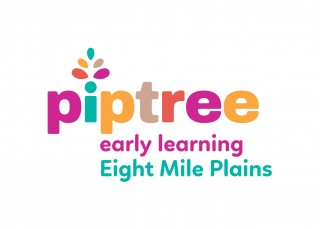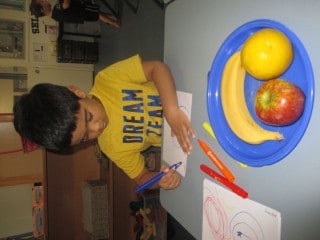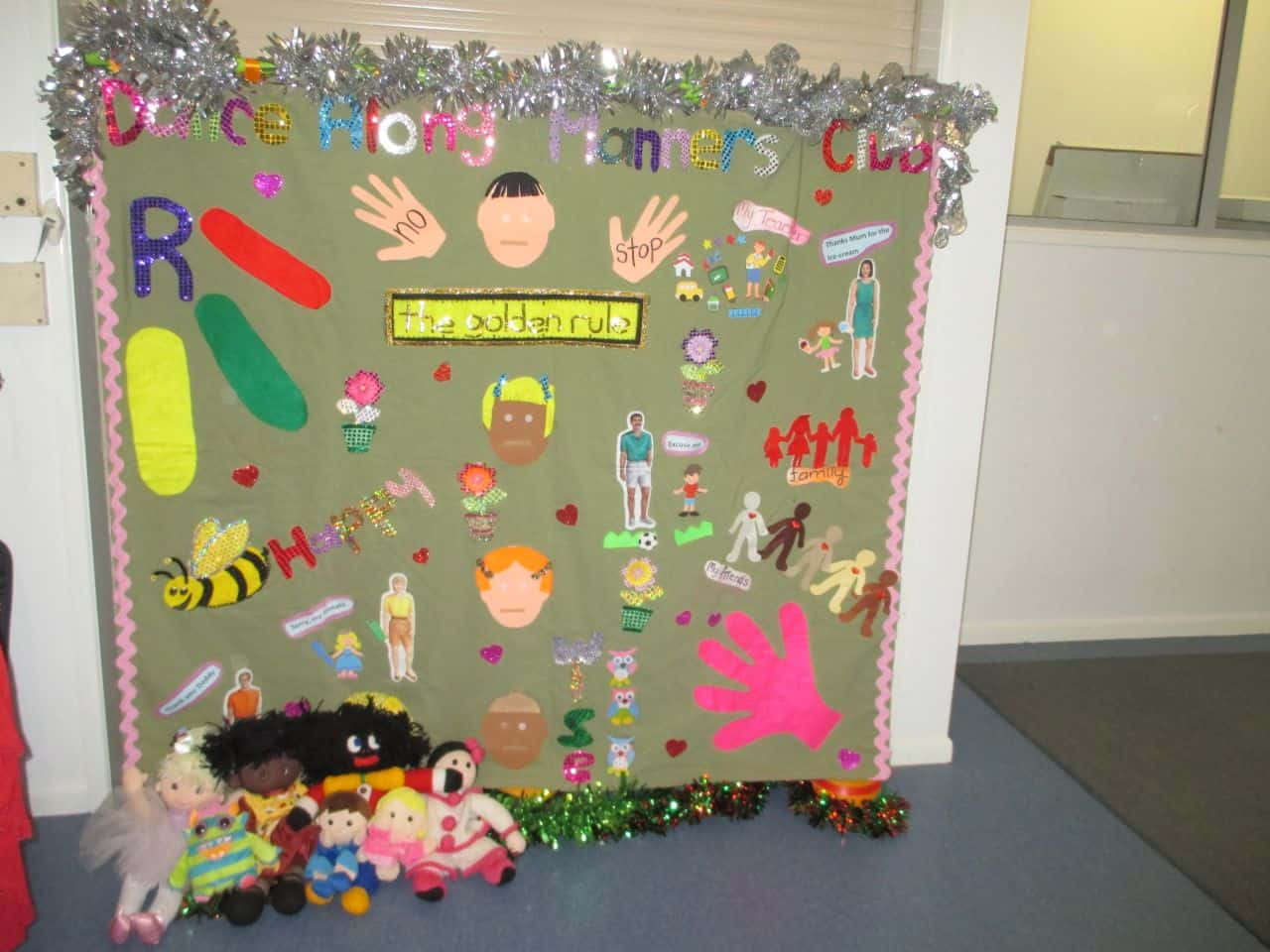February Family News
We endeavor to provide the highest standard of early learning services each and every day. We thank you for all your support and continued growth of our service. We offer two weeks free to all referred families. This two weeks gap free is added to your account after six weeks. We have had hundreds of families with us for many years and continue to come back and refer their friends and families, as we believe we provide quality early years learning.
Our ultimate objective is to assist life long learners who are equipped with the skills and motivation to teach themselves as they develop. To support this we ask for your feedback and suggestions within our programmed activities, the displays we have, the extra curricular activities and events. Your feedback and suggestions provide us with the opportunities to further tailor our services and enrich the children's lives immensely. Feedback is supported through face to face, phone calls and emails, whichever it is easiest for you!!
Friendly Reminders-
12-16th February Friendship Garden Week. You and your children are invited to dig, plant, laugh, surprise and imagine a yard that sparks the love and interest of the world around them. We are asking for herbs, vegetables, fruits plant and seeds, pots, ribbons, fabrics, loose play items to create environments rich for blossoming children.
HAVE YOU GOT SOME LOOSE PARTS AT HOME??
Simon Nicholson developed the "theory of loose parts" in 1971. He believed it is the loose parts in our environment that empower
our creativity. Materials that can be moved, carried, redesigned, lined up, put together and taken apart in a variety of ways are classified as loose parts. They have no specific set of directions. Loose parts can be natural or synthetic. In the outdoor environment of a children's service they include:
stones, stumps, sand, gravel, fabric, twigs, wood pallets, balls, buckets, baskets, crates
boxes, logs, rope, tyres, shells or seedpods
1. Loose parts are a language and way of thinking. Children discover, collect, sort, arrange, experiment, create, construct, and think with materials. When children play with loose parts they are using many of the same process skills used in maths, science and literacy.
2. Loose parts are not just a collection of objects. Loose parts are the raw materials needed to promote children's creativity, imagination, problem solving, organisational and research skills.
3. Loose parts must offer children many opportunities. The greater the number and diversity of the loose parts, the greater the opportunities for children to explore, combine, transform, create.
4. Loose parts are a fundamental material to learning environments. Learning environments should be adaptable, varied and offer a wide variety of interesting materials.
5. Adults should engage in loose parts play with children.



